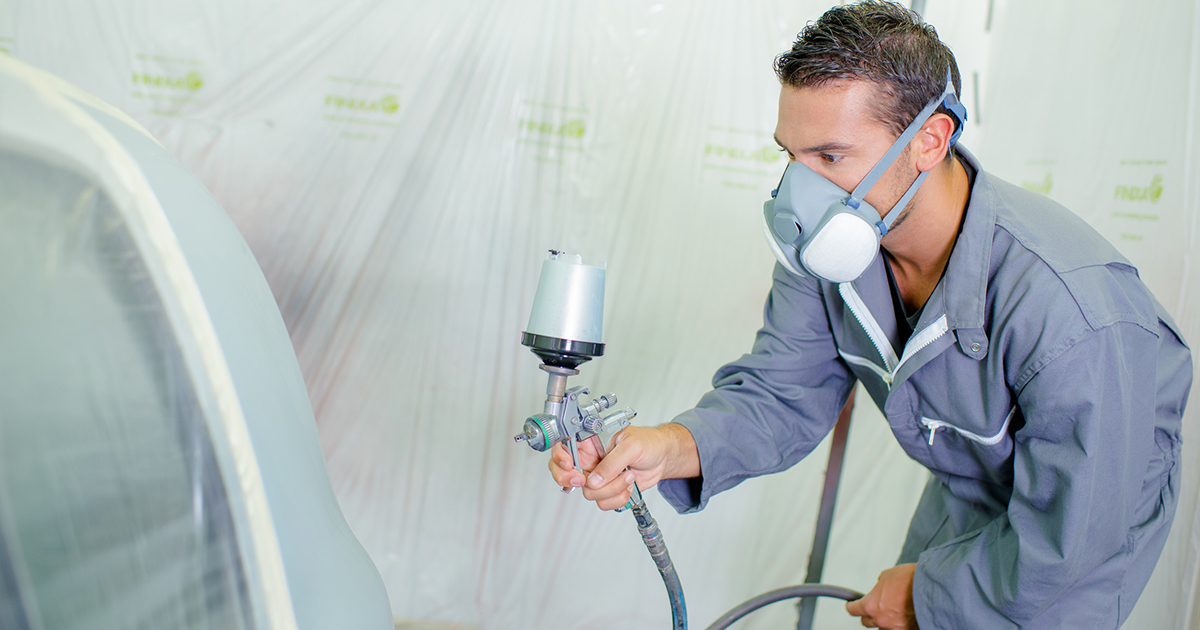Major Causes Of Post-Nasal Drip
Deviated Septum

The septum is a thin wall that separates the nasal passages (nostrils). In the case of a deviated septum, the wall deviates to the side, making one nostril smaller than the other. A deviated septum is very common, and many individuals do not know they have the condition until a doctor examines their nose for another reason. Although the condition often produces no symptoms, it can cause difficulty breathing through the nose, and patients may experience a dry mouth and pain in the nose or face. Some patients may also have nosebleeds or crusting of the nasal passages. When the septum is displaced, it can lead to frequent sinus infections, and these may result in post-nasal drip. Patients who find it difficult to breathe through the nose should consult an ear, nose, and throat specialist. They may wish to examine the patient's nose with a lighted scope or a small camera. If a deviation is discovered, medications are generally the first line of treatment. Decongestants can reduce swelling in the nasal tissues, relieving obstructions in the airways. Antihistamines and nasal steroid sprays may also be prescribed. In severe cases, an operation called a septoplasty can be performed to straighten the septum and realign it properly.
Read more about what can cause post-nasal drip now.
Irritating Fumes In The Air

When an individual's nose, throat, and airways are exposed to irritating fumes in the air, the fumes can cause them to experience post-nasal drip. In healthy individuals, the airways, nose, throat, intestinal tract, and stomach contain glands that produce mucus. On average, a healthy individual's nose produces approximately a quart of mucus every day. Most do not realize it because the mucus seamlessly blends with their saliva and is swallowed. However, this mucus production becomes much more prominent in the presence of certain conditions such as irritating fumes in the air. The mucous membranes in the nose, throat, and airways are able to detect fumes from perfumes, smoke, minerals, dust, chemicals, cleaning products, and other irritants. When fumes are detected, the immune system signals the production of more mucus in an attempt to protect the body tissues from the irritating fumes by engulfing and expelling the microparticles. An excessive amount of mucus produced by the nose in response to the fumes does not mix very well with saliva. This causes a post-nasal drip or the unpleasant sensation of thick mucus running down the back of the throat.
Continue to discover additional post-nasal drip causes now.
